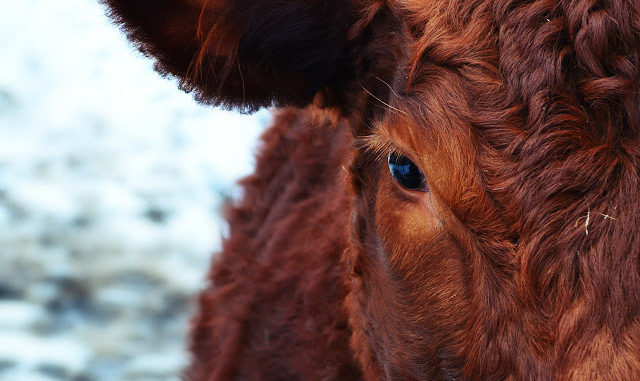
#LivestockDebate – Climate Destroyer or Saviour via Soil?
We’re hosting a written debate on livestock and how it contributes – or otherwise – to a sustainable diet in the fullest sense. Join us! […]

We’re hosting a written debate on livestock and how it contributes – or otherwise – to a sustainable diet in the fullest sense. Join us! […]
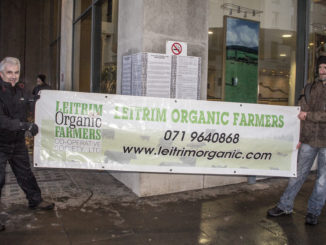
As COP21 begins, we ask, is Soil an Ally in Fighting Climate Change? And what role for land use? […]
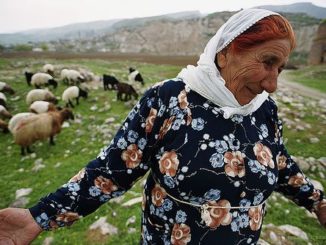
By Asutay Meriç, Agrobiodiversity Campaign Intern at Eco Ruralis Following a contentious and controversial election in Turkey politicians seem to continuously highlight that Turkey is Europe’s first and the World’s 7th largest agricultural producer. Roughly 80% of the hazelnut production, and most of the fruit and veg that is exported into the EU comes from Turkey. These figures sound impressive. However, for the last decade Turkish peasantry which holds nearly two-thirds of the Turkish farms has been the poorest segment of the society. Their political, economical and cultural rights are constantly violated by the ruling Government itself. According to the Turkish National Institute of Statistics (TNIS) (pdf), agriculture makes up 8,4% of the national income and 25 % of the employment. Its 38.6 million hectares of utilized agricultural land has a segmented structure where an average plot size has around 5 hectares. Turkey, an EU candidate country for more than 15 years, has a very large utilized agricultural areas compared to other European countries. Having such a strong rural base, the country has always been […]
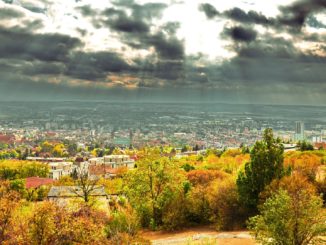
A huge sell of of state land is about to happen in Hungary. Beginning 16th November, the Hungarian State will start selling a whopping 380,000 hectares of its land – by the end of the year. In just 44 days, this huge amount of land will be sold off into private ownership. But who is going to get this land? […]
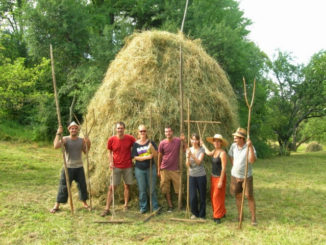
Knowledge Exchange Schemes and Needs of Young Farmers – how WWOOF Romania helps with the serious issues facing farmers. […]
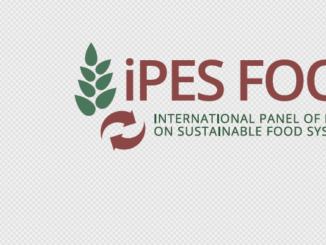
In an exciting development, the International Panel of Experts on Sustainable Food Systems (IPES-Food) has adopted a set of 10 principles to guide the transition to sustainable food systems. […]
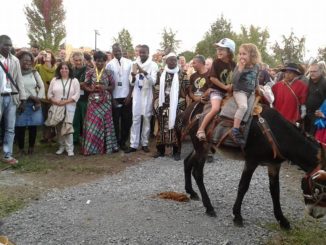
By Paula Dragomir – Agrobiodiversity campaign assistant, Eco Ruralis On 24th-26th of September 2015, Eco Ruralis association participated in “Sow your resistance!” an international event in Lescar-Pau, France, which celebrated peasant seeds from all around the world. This event gathered more than 400 people from civil society movements and local NGO’s from Europe, Africa, South America and Asia. The event was co-organized by the Emmaus community of Lescar-Pau, the French network of peasant seeds Réseau Semences Paysannes and the French NGO for agricultural and social projects BEDE. The innovating, semi-autonomous village of Lescar-Pau – which produces 60% of the food needed by its 140 inhabitants – an extraordinary settlement and inspiring location for conceiving a different and better world. The various participants were involved in discussions, workshops, visits and debates. The program was rich and ambitious. The main demands were for: – Recognition of the indispensable past, present and future contribution of farmers and gardeners to the selection, conservation and renewal of agricultural biodiversity; – Respect and guarantee of the right of farmers to reuse, exchange […]
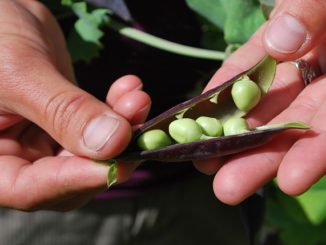
A workshop aiming to focus on learning from a new wave of food initiatives which are contributing to strong and lasting urban-rural links and are creating the foundations for a new generation of local development strategies. […]
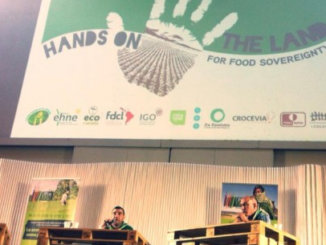
Written By: Derek Freitas – Food Chains Campaign Coordinator for Eco Ruralis In February of this year, a new international alliance of 16 civil society organizations around Europe joined forces to tackle issues related to climate and agroecology, markets and food chains, land and water, seeds and bioeconomy. The alliance, Hands on the Land for Food Sovereignty (HOTL 4 FS), has launched its campaign and will work on these issues for the next 3 years. Eco Ruralis, European Coordination Via Campesina (ECVC) and the Transnational Institute (TNI) are among the partners which includes “peasants and social movements, development and environmental NGOs, human rights organisations and research activists. We aim to raise awareness on the use and governance of land, water and other natural resources and its effects on the realisation of the right to food and food sovereignty. Through evidence-based research and material, public events and meetings, trainings, education and advocacy work, the campaign engages EU citizens, media, journalists, NGO practitioners, social activists, educators, students, politicians, policy and decision makers to take action for food […]
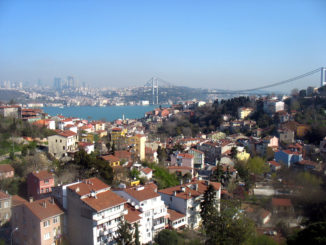
The word Bostan means garden near your house, where you grow your daily food. And this is what people like to do in Turkey, even when they live in a city of millions – like Istanbul. […]
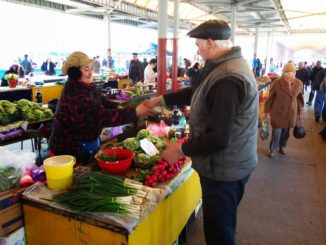
Guest post on Food as a Commons by Jose Luis Vivero Pol. […]
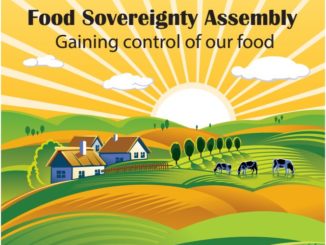
by Gilles Billen, Luis Lassaletta and Josette Garnier Globalisation is not only a matter of clothing and mobile phones. Long-distance worldwide shipping of food commodities has also increased tremendously over the last few decades. Lassaletta et al.(2014) estimate that one-third of all proteins (a proxy for the nutritive potential of foodstuffs) produced globally are redistributed through international trade. Thus a recent study in France shows that the total volume of long distance commercial exchanges of food commodities, mostly originating from far away, account for over twice the national agricultural production (Le Noé et al., submitted). However, the positive value of a globalised food supply is being actively questioned. In industrialised countries, a citizens’ movement has arisen, sometimes supported by local public authorities, seeking to promote a local food supply. This movement aims to reclaim control of nutrition, re-create social links often destroyed by the extent of mass distribution, and develop the local economy. Developing countries are also attempting to strengthen their local food supply and recover part of their food sovereignty lost by decades of […]
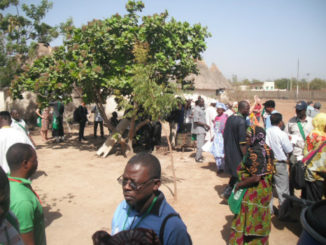
Written By: Stella Beghini, Agrobiodiversity Campaign Intern for Eco Ruralis At the recent International Forum on Agroecology held in Mali, delegates of peasants and many other groups from all over the world strongly addressed the roots of the crisis concerning our natural and social systems. They claimed agroecology as the real solution to reach environmental justice. The challenges and opportunities of how agroecology can be achieved in Eastern Europe is essential to growing this international movement. The Nyéléni Center in the Malian village of Sélingué held its first Forum in 2007 where food sovereignty was first conceptualized as a holistic approach and vision to agrarian justice. Fast forward to 2015, another meeting of diverse and united groups of peasants, indigenous people, fisherman, agricultural workers and others was held to work on reaffirming agroecology as the solution to mend our broken food and social systems. The delegates pointed out the many challenges that peasants around the world are facing nowadays: the loss of control over natural resources, land and whole knowledge systems that are the basis of our traditions and […]
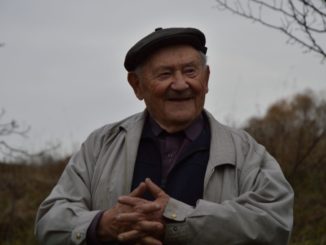
Written By: Derek Freitas, Food Chains Campaign Coordinator for Eco Ruralis General Context The word “peasant” is used in all sorts of ways to mean different things by many groups of people across the world. It is indeed very hard to define. This is particularly problematic due to the fact that the majority of decision-makers related to establishing agricultural policy at the national, EU and global levels don’t have an accepted reference point for understanding one another in a basic sense. Often, the only time when self-ascribed “peasants” feel that they are accurately portrayed is when they explain what that word means to them. But, again, even they disagree based on cultural, historical, geographical and individual differences. Global Context The international peasant movement, La Via Campesina, calls for an International Convention on the Rights of Peasants and states the following in Article I of its own “Declaration on the Rights of Peasants – Women and Men”: “A peasant is a man or woman of the land, who has a direct and special relationship […]
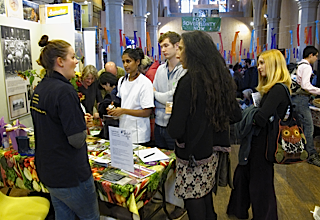
London’s food sovereignty month saw a lively seed exchange weekender. Peter Crosskey reports. […]
Agricultural and Rural Convention